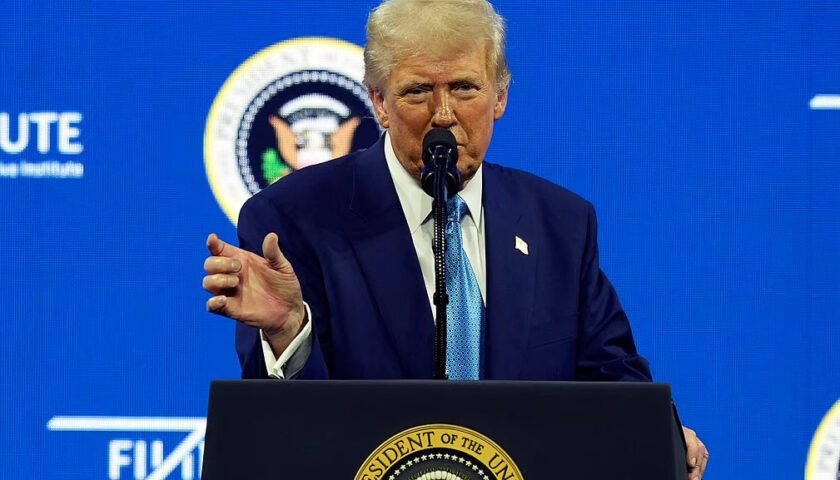The leaders of the Brics (Brazil, Russia, India, China, and South Africa) grouping on Thursday discussed the Ukraine conflict and the situation in Afghanistan, and stressed the need to peacefully resolve disputes and to respect the sovereignty and territorial integrity of all states.
New Delhi: The leaders of the Brics (Brazil, Russia, India, China, and South Africa) grouping on Thursday discussed the Ukraine conflict and the situation in Afghanistan, and stressed the need to peacefully resolve disputes and to respect the sovereignty and territorial integrity of all states.
As part of efforts to reform the multilateral system, the leaders – Prime Minister Narendra Modi, Brazil President Jair Bolsonaro, Russian President Vladimir Putin, Chinese President Xi Jinping, and South African President Cyril Ramaphosa – agreed to strengthen capacities to respond to new and emerging challenges, including terrorism, money laundering, and fake news.
A declaration issued at the end of the virtual Brics Summit hosted by China said the leaders supported talks between Russia and Ukraine and discussed concerns over the humanitarian situation in and around the eastern European country.
We commit to respect the sovereignty and territorial integrity of all states, stress our commitment to the peaceful resolution of differences and disputes between countries through dialogue and consultation, support all efforts conducive to the peaceful settlement of crises,” the declaration said.
The declaration said the leaders had recalled their “national positions” on the Ukraine crisis as outlined at forums such as the UN Security Council and General Assembly.
This was the first Brics Summit since Russia’s invasion of Ukraine in February, and it was held against the backdrop of continuing tensions between India and China over a military standoff in Ladakh sector of the Line of Actual Control.
Addressing a summit alongside the leaders of the four other countries, Prime Minister Modi said the global economy continues to be affected by the Covid-19 crisis and cooperation among members of Brics can bolster post-pandemic recovery.
Noting that the Brics leaders were meeting virtually for the third consecutive year amid the challenges of the pandemic, he said: “Although the outbreak of the pandemic has decreased globally than before, many of its side effects are still visible in the global economy.”
Speaking in Hindi, he added: “Regarding the governance of the global economy, we Brics member states have a very similar approach. So, our mutual cooperation can make a useful contribution in the global post-Covid recovery.”
Modi said there are many areas where cooperation among Brics members is benefiting the people, such as the establishment of a vaccine R&D centre, coordination between customs departments, establishment of a shared satellite constellation and mutual recognition of pharmaceutical products.
During the discussions on Afghanistan, the Brics leaders backed a “peaceful, secure and stable Afghanistan while emphasising the need for respecting its sovereignty, independence, territorial integrity, national unity and non-interference in its internal affairs”.
The declaration said the leaders emphasised the need for all sides to encourage Afghanistan authorities to “achieve national reconciliation through dialogue and negotiation” and to “establish a broad-based and inclusive and representative political structure.”
“We reaffirm the significance of relevant UNSC resolutions. We emphasize that the Afghan territory not to be used to threaten or attack any country or to shelter or train terrorists, or to plan to finance terrorist acts, and reiterate the importance of combating terrorism in Afghanistan,” it added.
The Brics leaders called on Afghan authorities to combat drug-related crime to free the country from the menace of drugs. “We stress the need to provide urgent humanitarian assistance to the Afghan people and to safeguard the fundamental rights of all Afghans, including women, children, and different ethnic groups,” the declaration said.
The leaders also said it is imperative to ensure the availability of safe, efficacious, accessible and affordable diagnostics, medicines, vaccines and essential medical products to people of different countries, especially developing nations, and equitable distribution of vaccines to fill the “immunisation gap” globally.
The leaders strongly condemned all forms of terrorism and said they are committed to combat terrorism in all its manifestations, including cross-border movement of terrorists, terrorism financing networks and safe havens.





